Tom Morgan-Harris sits down with Sally Marshak, Head of Investor Relations & Communications at Acacia Mining, to talk about the growing topic of CSR across Investor relations.
Like all areas of marketing, the investor relations (IR) role is evolving and expanding with changes in the marketplace. With IR, a significant change, or addition to the role, is the incorporation of CSR (Corporate Social Responsibility) responsibilities. The reputation and good-standing of a company is now more than ever on the radar of potential investors, and organisations which haven’t implemented an integrated and meaningful CSR programme are at risk of missing out on potential investment.
Where does CSR sit?
As social and environmental concerns have gone up the agenda, the way in which CSR is embedded into an organisation has changed. It is now firmly part of corporate governance, and overseen at the top level. Any less than this and savvy stakeholders will see it for what it is, potentially an afterthought intended to make a company look good, rather than a core system of operating in a responsible manner. Good reputation feeds success, and so some investor relations professionals are quite rightly working closely with their corporate affairs and communications functions to demonstrate ethical practices through an integrated CSR policy.
Is your company doing enough?
The notion of a “social licence to operate” has evolved out of CSR and social acceptancy. This is the level of approval by local communities, governments and stakeholders of an organisation and the way they do business. There is a cascade effect here, companies that are ‘doing enough’ will achieve this level of acceptance and reap the rewards in terms of attracting investment – the investment companies will then be able to publicise a portfolio of responsible businesses, in turn fulfilling their own CSR goals.
To achieve this, IR teams are devising initiatives to demonstrate their good-standing to the public. Tiffany’s recently implemented a certificate to demonstrate the provenance of their diamonds, giving buyers information on the geography of a diamond’s origin in an effort to demonstrate their ethical practices. Organisations are making concerted efforts to demonstrate they are contributing to the greater good and operating respectfully, in every industry.
To emphasise this point further, it’s useful to look to the natural resources industry. Organisations in this industry often operate in third world or emerging markets and the sensitivities around this are abundant. There is often a clear need to demonstrate a “social licence to operate” and that the rewards are shared equally between host governments and international investors.
Sally Marshak, Head of Investor Relations & Communications at Acacia Mining, highlighted this point further in in a recent conversation with tml Partners.
“As an African gold mining company, good CSR practices are of critical importance to Acacia Mining. We aim to maintain and improve our social licence to operate through acting responsibly in relation to our people, the environment and the communities in which our mines operate. Acacia has an integrated approach to CSR, encompassing our Sustainable Communities strategy, the environment, our employees, safety, security and human rights as well as business ethics policies covering our code of conduct and anti-fraud, anti-bribery and anti-corruption policies.
This integrated approach is firmly embedded in our communications strategy and an important part of my role is ensuring that our CSR strategy and practices are communicated effectively to not only our investors and ESG ratings agencies, who we find increasingly want to engage with us on these issues, but also our broader universe of internal and external stakeholders as a whole.”
ESG Ratings
Agencies providing CSR ratings are growing in importance for investors. For example, MSCi produces its annual ESG ratings (environmental, social and governance) to evaluate corporate behaviour. FTSE Russell is another organisation that compiles ESG ratings which are also then used to construct the FTSE4Good Index Series, which lists companies with strong ESG ratings. A company’s good (or potentially bad) standing in these rankings can have a direct impact on institutional investors’ ability to invest. For an IR team, these ratings can be relatively time-consuming to manage, for example, often agencies will only accept public and fully verifiable information. Organisations that haven’t invested heavily in their CSR programmes for a significant period of time are struggling, and the ratings themselves can be slow to change year on year.
Resource nationalism
Some resource-rich countries, especially in Africa, are reasserting their control over their natural resources. “The people of Africa do not have to be poor for others to be rich” said Mark Bristow, CEO of Barrick Gold said at the Mining Indaba in Cape Town this year. Talks at the Indaba resulted in no breakthrough, but organisations are going to have to re-evaluate how they do business in these third world countries from now on. Companies are being asked to consider the greater good, pay additional taxes and agree a greater share of the benefits to continue to mine in the countries they operate in, thus redistributing the wealth back into these poorer territories. Mining organisations are feeling the weight of this and have to carefully consider how this is managed taking into account their CSR practices.
IR roles
What does this mean for the role of IR? Clients are looking for professionals with experience of, and genuine sensitivity to, reputational management. Demonstrating the effective implementation of a CSR policy is a skillset that has become hugely in demand. Furthermore, the ability to see an organisation through a time when reputation is in threat following a CSR or environmental crisis is also something some clients are seeking.
Being able to marry up the commercial side of the business to its standing in the community and its business practices, and showing this to investors is the key to success. IR roles in every sector have this new focus and professionals need the ability to manage it.
Tom Morgan-Harris is an Associate Director at tml Partners and takes a lead role in senior appointments across corporate communications and investor relations, for more information please reach out to us at tmlproduction.wpenginepowered.com/










